ISO 27001 and Cybersecurity – Why It’s More Important Than Ever
In an increasingly digital world, cybersecurity threats have become a critical risk for businesses of all sizes. From ransomware attacks to data breaches, the fallout from poor information security can be devastating, financially and reputationally.
ISO/IEC 27001 is the leading international standard for information security management systems (ISMS). It provides a structured framework for identifying, managing, and reducing information risks, ensuring your business remains secure, compliant, and trustworthy.
What Is ISO 27001?
ISO 27001 outlines best practices for implementing an effective information security management system. It helps organisations safeguard:
Confidentiality – ensuring sensitive data is accessible only to authorised users
Integrity – protecting information from being modified without detection
Availability – ensuring systems and information are available when needed
The standard applies to all industries and is especially relevant for businesses that handle sensitive data, including finance, healthcare, SaaS, government contractors, and professional services.
The Rise of Cyber Risk
Cyber threats are no longer isolated incidents, they’re a constant and evolving concern. Small businesses are just as likely to be targeted as large corporations. Common vulnerabilities include:
Weak passwords and lack of access control
Poor patch management and outdated software
Phishing attacks through email and messaging platforms
Lack of employee awareness and training
Without a robust system in place, one breach could lead to financial penalties, legal issues, and permanent damage to your brand.
ISO 27001 Benefits
Protects Sensitive Information ISO 27001 helps you identify and classify sensitive data, define controls to protect it, and monitor systems to detect anomalies.
Boosts Client Confidence Certification shows customers, partners, and stakeholders that you take security seriously. This builds trust,essential for business growth and partnerships.
Reduces Risk Exposure Through structured risk assessments and control planning, you reduce the chance of incidents,and are prepared when they occur.
Regulatory Compliance Many data protection regulations (such as GDPR, Notifiable Data Breach Scheme in Australia, and APRA standards) align with ISO 27001 principles. Certification helps meet these legal requirements.
Improves Business Processes Implementing ISO 27001 forces clarity on responsibilities, system access, data flow, and contingency planning,leading to more streamlined operations.
NXGN and ISO 27001 Implementation
At NXGN, we guide businesses through ISO 27001 from gap analysis to certification. Our process includes:
Mapping current information systems and assets
Conducting risk and vulnerability assessments
Defining policies for access control, incident response, and backups
Training teams on cyber hygiene and data awareness
Supporting your internal audits and external certification process
We also integrate AI tools where appropriate to monitor system performance and flag anomalies in real-time, enhancing security monitoring capabilities.
Why Now?
Cybercrime is accelerating. Tenders and procurement panels are increasingly asking for ISO 27001 or equivalent evidence of a cyber security program. Insurance premiums are rising for businesses without formal ISMS.
Waiting puts your data, clients, and business continuity at risk.
Want to secure your business and build client trust? Book a free strategy session with NXGN and see how ISO 27001 can transform your approach to information security.

